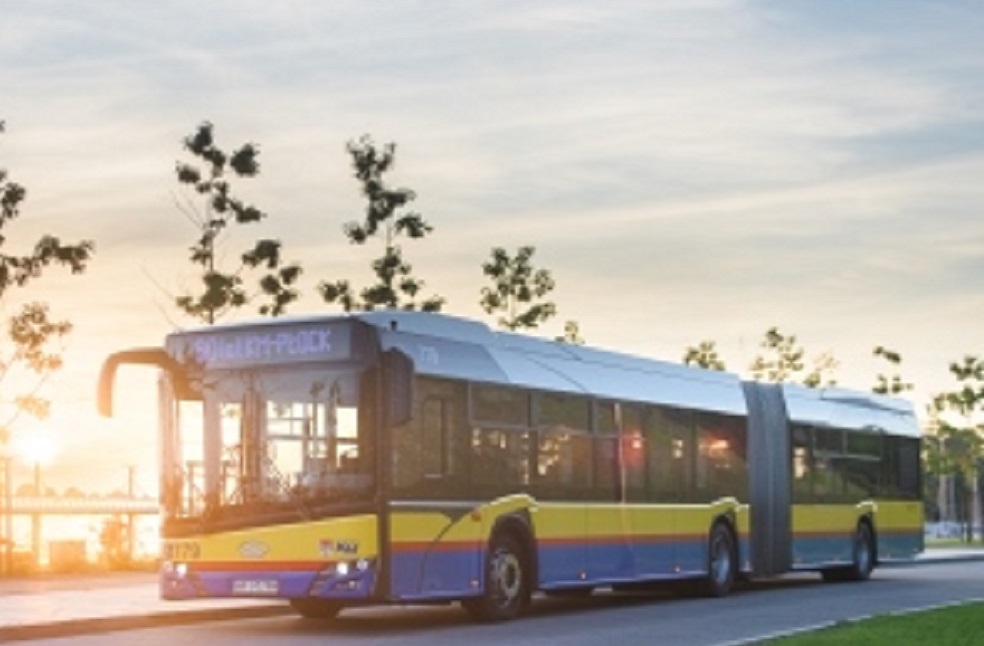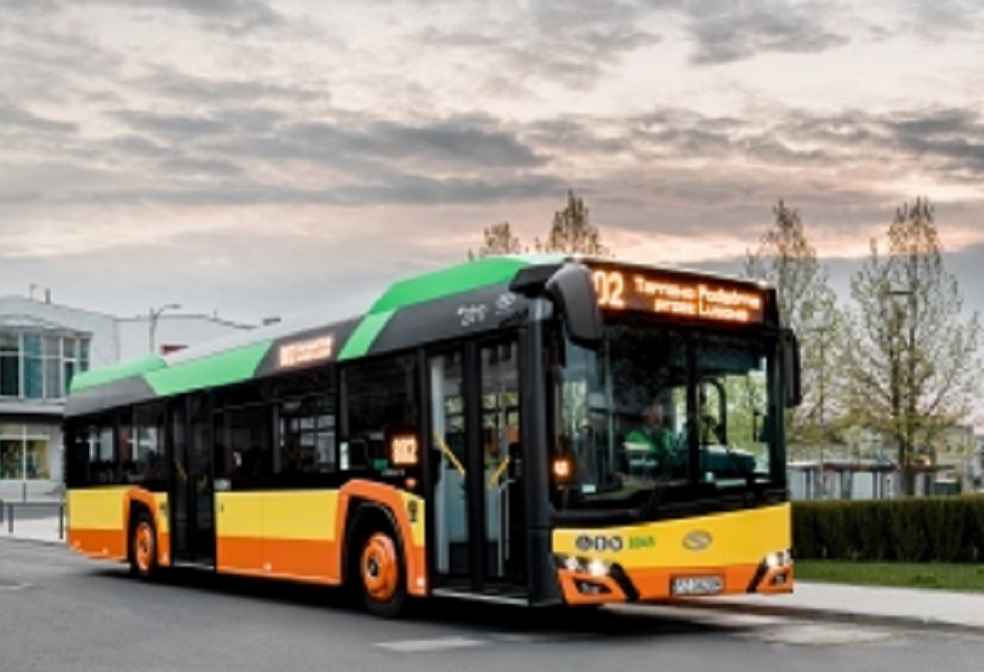Duisburg, Germany begins a pivotal chapter in its green journey as its public transport operator, Duisburger Verkehrsgesellschaft AG (DVG), ordered 25 hydrogen buses of Solaris into Duisburg. This monumental step displays DVG’s firm commitment to realizing a zero-emission, entirely sustainable fleet by 2030. With Solaris’ buses being the city’s first hydrogen-powered vehicles, delivery is expected between 2024 and 2025, marking the arrival of Solaris into Duisburg’s public transport scene.
The procurement comprises 11 Solaris Urbino 12 hydrogen buses and 14 of the articulated Urbino 18 hydrogen variant. Renowned for silent operation and zero emissions, these vehicles embody the ethos of hydrogen fuel cell power. DVG’s CEO, Marcus Wittig, underlines the company’s mission, “With the order of the first 25 hydrogen buses we are taking another important step towards making public transport in Duisburg completely emission-free and sustainable. With this transformation, we will make a decisive contribution to climate protection and to increasing the quality of life in Duisburg.”
Solaris, a European industry frontrunner in modern electric city buses, is delighted to be part of this significant shift. Board Member Olivier Michard responsible for Sales, Marketing, and After Sales expresses gratitude and optimism, “I am proud that we can be part of this significant change taking place in urban transport in Duisburg. The implementation of safe, reliable, and environmentally friendly hydrogen technology will further reduce emissions in the city. The only by-product of operating the Urbino hydrogen buses is water vapor. We thank you for your trust and are looking forward to working with DVG.”

Both the Urbino 12 and Urbino 18 models are equipped with power sources proportional to their size – 70 kW and 100 kW fuel cells respectively. Supplementing their energy efficiency, these buses feature Solaris High Power batteries for auxiliary electric energy storage.
Beyond their environmental benefits, the Urbino models also deliver passenger comfort and safety. With an efficient CO2 heat pump, an informative passenger system, and comprehensive monitoring, passengers can travel with peace of mind. Advanced Driver-Assistance Systems (ADAS) will provide drivers with visual and audible alerts to detect pedestrians and cyclists, enhancing road safety.
eSConnect, Solaris’ proprietary fleet monitoring and management system, will streamline bus operations, ensuring these hydrogen-powered buses perform at their peak.

Across Europe, Solaris’ hydrogen buses have captured the imagination of public transport authorities, with orders from countries like Austria, France, Spain, the Netherlands, Germany, Poland, Slovakia, Switzerland, Sweden, and Italy. So far, Solaris has rolled out over 3,000 buses equipped with electric and hydrogen propulsion systems.
Duisburg’s move towards hydrogen fuel cell buses aligns with the global uptrend of green transportation adoption. The success of this model can inspire cities globally to downsize their carbon footprint and contribute robustly to worldwide climate protection initiatives.
LATEST | Audi Vehicles Triumph: Seven Models Secure Coveted 2023 IIHS Safety Awards





